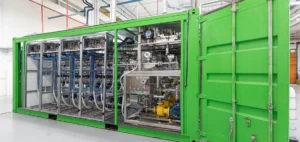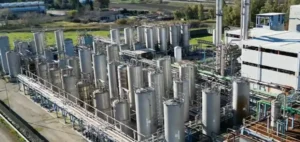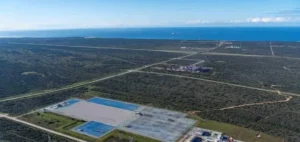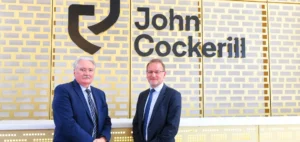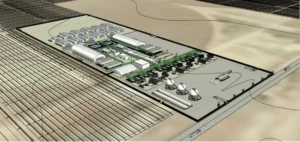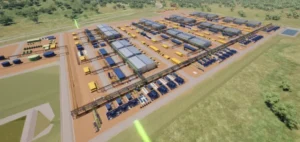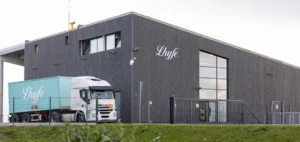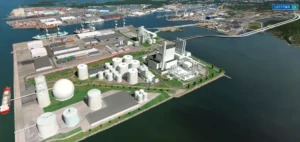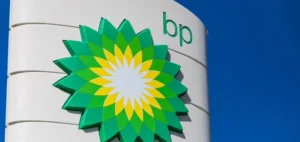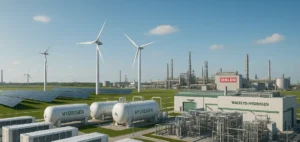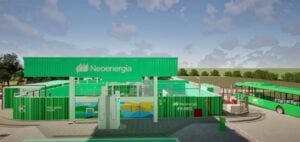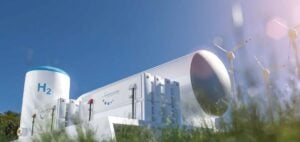Plug Power has installed a one-megawatt (MW) proton exchange membrane electrolyzer at Amazon’s distribution center in Aurora, Colorado. The system, the first of its kind for Amazon, produces low-carbon hydrogen to power more than 225 hydrogen fuel cell forklifts on site. The electrolyzer, which uses electricity and water to produce hydrogen, can support up to 400 hydrogen-powered forklifts.
Plug Power and Amazon partnership
To date, Plug Power has worked with Amazon to deploy over 17,000 fuel cells in more than 80 distribution centers across North America. Most of these sites receive liquefied hydrogen transported by truck. This new project enables hydrogen to be produced on site, thus reducing emissions linked to the liquefaction and transportation of hydrogen.
Environmental and economic implications
On-site hydrogen production at Amazon is part of the company’s commitment to decarbonize its operations by 2040, in line with the Climate Pledge. This initiative could make the use of hydrogen more energy-efficient for certain sites and types of plant.
For this project, Plug Power provided design, installation, commissioning and maintenance services for the 1 MW PEM electrolyzer and hydrogen storage. The system is compatible with the existing refuelling infrastructure and fuel cells already in use on site. This is the first electrolyser system to be installed and used on an Amazon site.
Plug Power’s successful installation of the electrolyser at Amazon represents a milestone in the use of hydrogen as a clean, sustainable energy source in the logistics sector.

